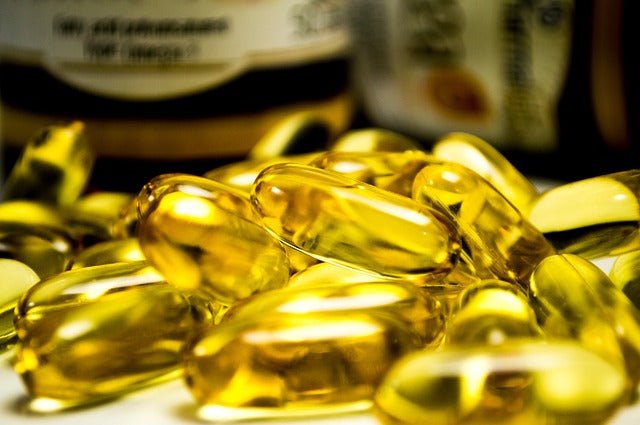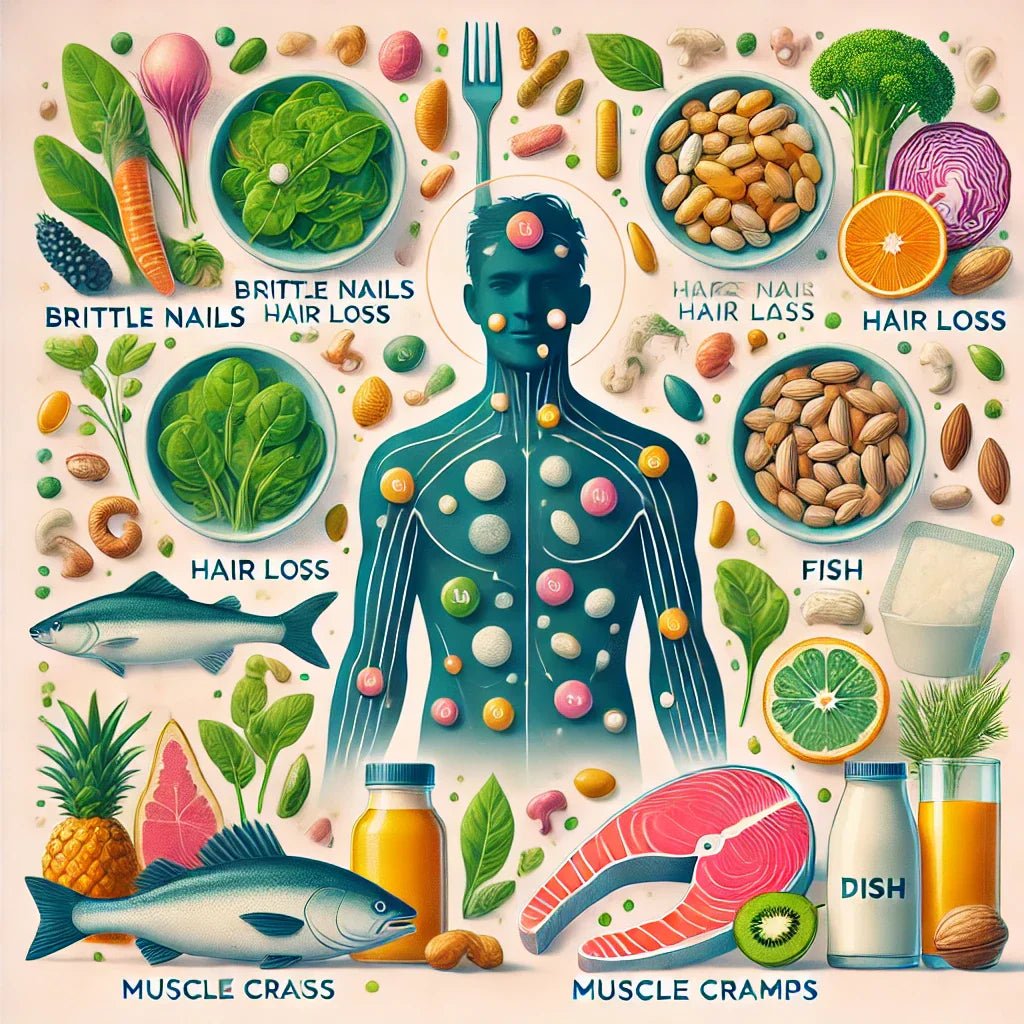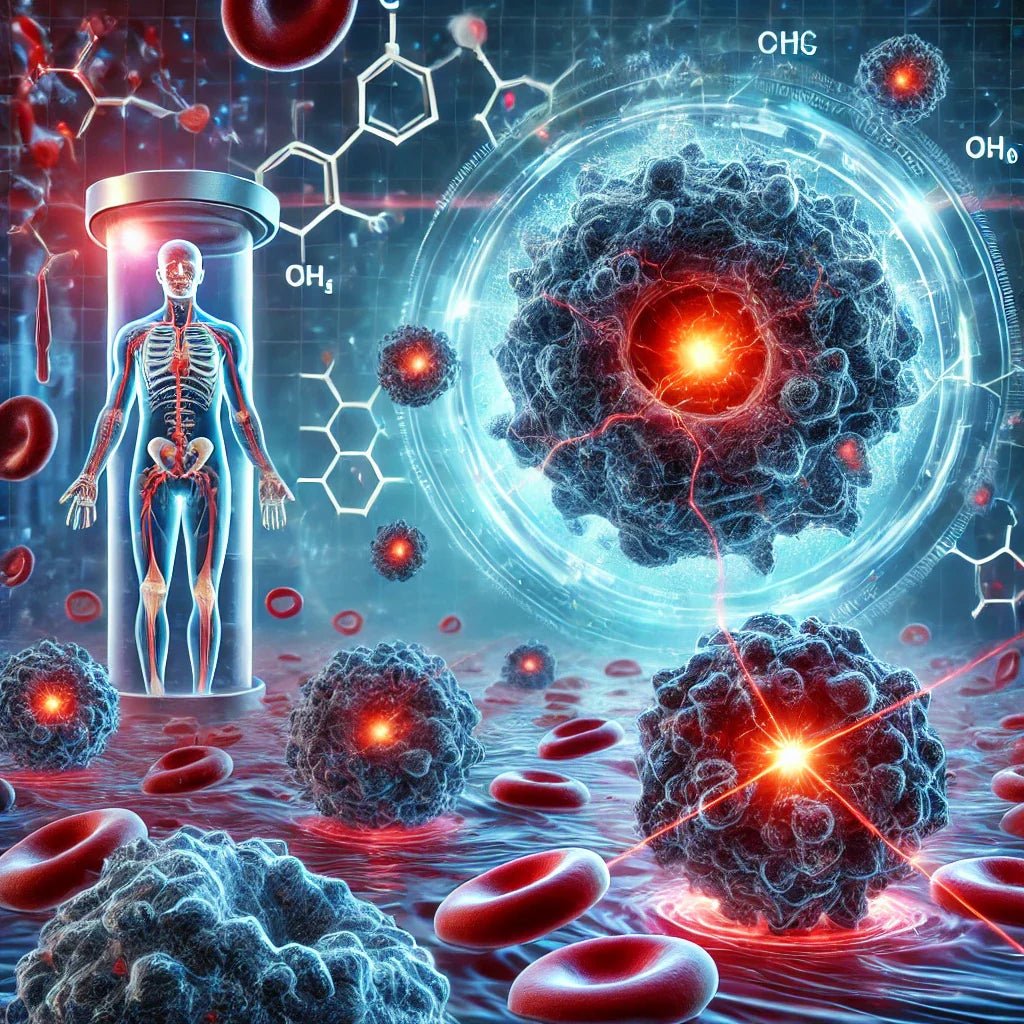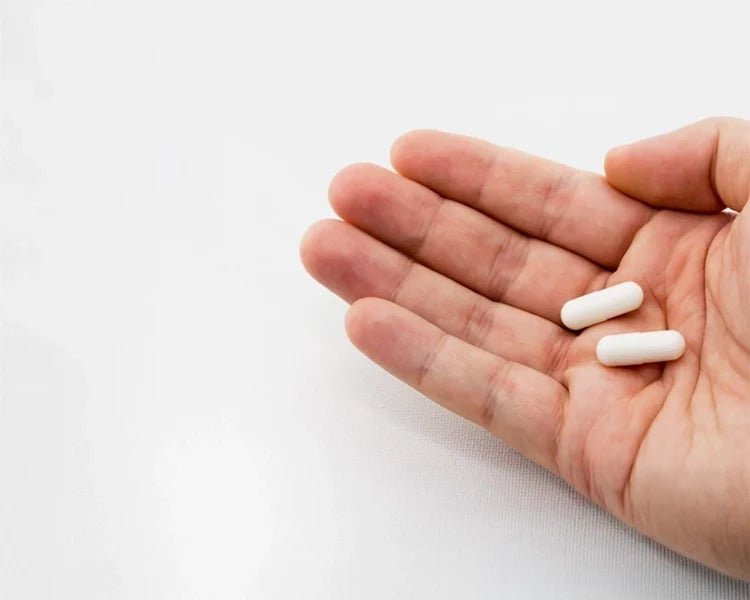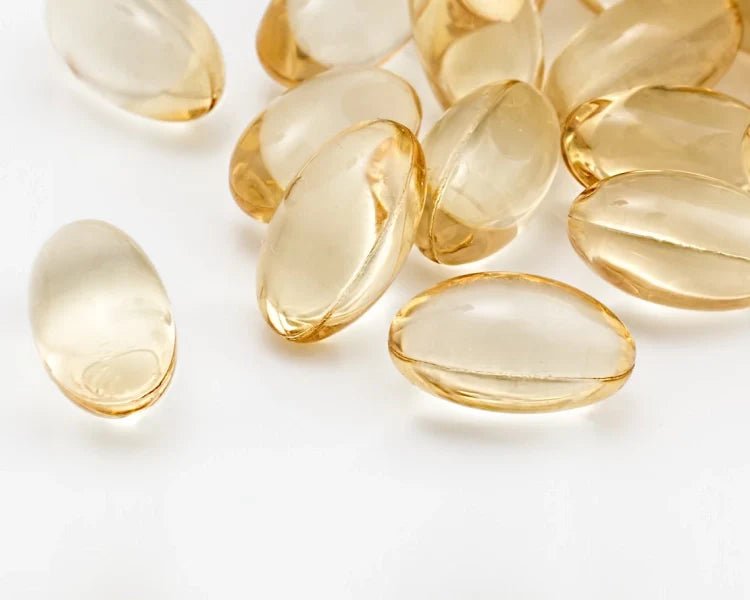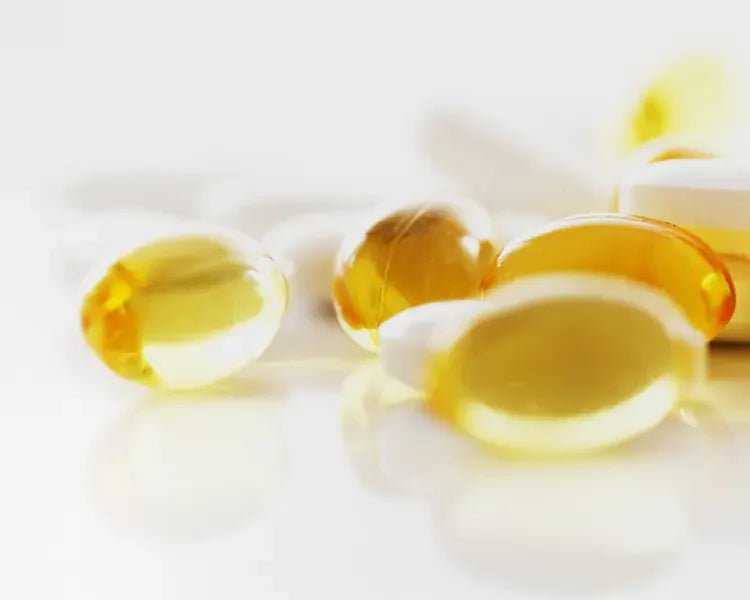Vitamin D, as we know, is converted in the body to its active (hormonal) form (calcitriol). This hormone binds to a specific receptor (VDR) that transports it into the cell nucleus. There , it regulates over 300 genes .
The deficiency of vitamin D3 is a modern global health problem.
Hundreds of studies have proven over the last 20 years that the importance of vitamin D3 goes far beyond the metabolism of calcium and phosphorus. The deficiency of this vitamin is an important factor for coronary heart disease, hypertension, stroke, diabetes, multiple sclerosis, rheumatoid arthritis, irritable bowel diseases, chronic pain and even psychiatric problems.
Later, research articles were published that emphasized the role of vitamin D3 deficiency in various malignancies, especially lung, colon, prostate, bladder, and breast cancer, as well as lymphoma.
In one study of 25,871 patients, supplementation with vitamin D3 reduced the risk for metastatic cancer and death by 17%. The risk was reduced by as much as 38% if the patients also maintained a healthy weight 1 .
Of a particular note, the participants received only 2,000 IU of vitamin D3 daily and did not measure its blood levels. Despite that, a significant benefit was still found.
Other publications revealed even more striking effects. The study of 2018 showed that women having serum vitamin D3 level at or over 60 ng/mL (150 nmol/L) had an 82% lower risk of breast cancer compared to those in whom the levels were below 20 ng/mL (50 nmol /L) 2 .
An UK study demonstrated that having a serum vitamin D3 level higher than 60 ng/mL resulted in an 83% lower breast cancer risk 3 .
A meta-analysis of 70 studies in breast cancer found that, for each 2 ng/mL (5 nmol/L) increase in vitamin D3 level, there was a corresponding 6% decrease in the incidence of breast cancer 4 .
There are plenty or similar research publications proving one simple fact: immunomodulatory power of vitamin D3 acts, beyond other aspects, as an efficient way of raising anti-cancer immunity.
prof. Igor G. Bondarenko
References
- Chandler PD et al. Effect of vitamin D3 supplements on development of advanced cancer: A secondary analysis of the VITAL randomized clinical trial. JAMA Network Open 2020; 3(11): e2025850.
- McDonnell SL et al. Breast cancer risk marked lower with serum 25-hydroxyvitamin D concentrations >60 vs < 20 ng/ml (150 vs 50 nmol/L): Pooled analysis of two randomized trials and a prospective cohort. PLoS ONE 2018, 13(6): e0199265 .
- Lowe LC et al. Plasma 25-hydroxy vitamin D concentrations, vitamin D receptor genotype and breast cancer risk in a UK Caucasian population. J Cancer 2005, 41(8): 1164-1169.
- Song D. et al. Vitamin D intake, blood vitamin D levels, and the risk of breast cancer: a dose-response meta-analysis of observational studies. Aging 2019; 11(24): 12708-12732.
